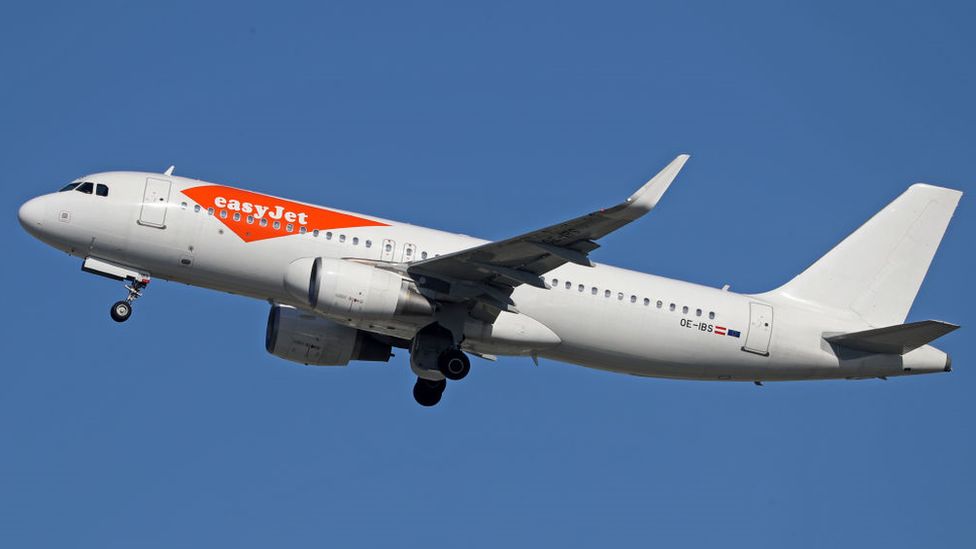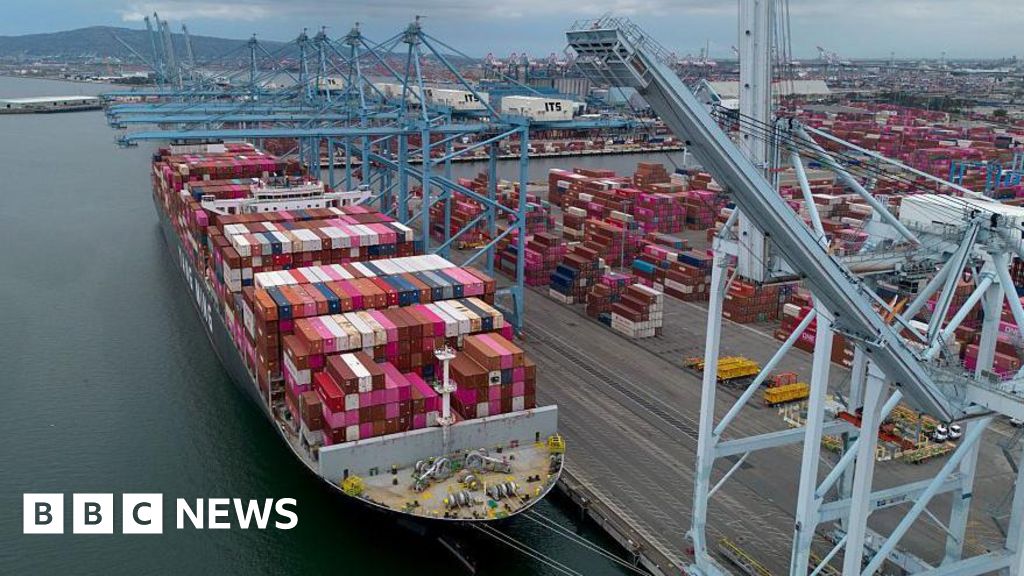ARTICLE AD BOX
 Image source, Getty Images
Image source, Getty Images
By Dearbail Jordan
Business reporter, BBC News
Airline passengers are facing cancellations or disruption to flights to Israel and surrounding countries after Iran's airstrikes at the weekend.
EasyJet has suspended flights to and from Tel Aviv up to and including Sunday, 21 April.
Wizz Air said it would resume journeys to Israel on Tuesday, 16 April after stopping flights to Tel Aviv on Sunday and Monday.
However, it warned: "Passengers may experience some schedule changes."
Wizz Air said that it was "closely monitoring the situation with the relevant authorities and keeping its passengers informed of all schedule changes".
"All passengers affected by the schedule changes will be provided with rebooking or refund options," it added.
Israel closed its airspace on Saturday evening after Iran launched its first-ever direct assault on the country. It was in retaliation for a strike by Israel on Tehran's consulate in Damascus on 1 April.
Israel reopened its airspace early on Sunday morning as did Jordan, Iraq and Lebanon, which had stopped flights for a period.
German airline group Lufthansa said that it had suspended flights to and from Tel Aviv, Erbil and Amman up to and including Monday, but said they would re-start on Tuesday.
However, it said that flights to Beirut and Tehran would remain suspended until at least 18 April.
A spokesperson said: "The Lufthansa Group had already decided on Friday, 12 April, to fly around Iranian airspace up to and including Thursday, 18 April, and thus temporarily suspend flights to Tehran."
Other airlines are re-routing their flights which could add time to journeys. Australia's Qantas said its planes are changing course to avoid Iran's airspace.
The European Union Aviation Safety Agency (EASA) reiterated its previous guidance to airlines to use caution in Israeli and Iranian airspace.
"The European Commission and EASA will continue to closely monitor the situation to assess any potential safety risks for EU aircraft operators and be ready to act as appropriate," it said.

 1 year ago
34
1 year ago
34








 English (US) ·
English (US) ·